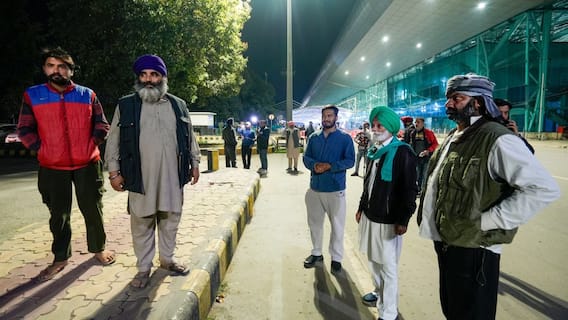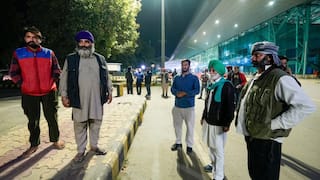In Cases Of Death Sentence, Background Information Of Accused Must At Trial Stage: Supreme Court
Supreme Court observed death sentences are mostly imposed by trial courts in retributive sense, and it set some guidelines wherein mitigating circumstances favouring the accused would be considered.

New Delhi: The Supreme Court has stated that in cases where a death sentence is warranted, the prosecution has to produce all the relevant information before the trial court that would assess the mitigating circumstances favouring the accused, Live Law reported. According to the report, the top court also held that the exercise must be carried out even in cases where the death penalty might not be eventually imposed.
While hearing a case last year, the Supreme Court had observed that death sentences are mostly imposed by the trial courts in a retributive sense, and it had set certain guidelines to be followed wherein the mitigating circumstances favouring the accused would be considered at the trial stage itself. But this year, the apex court stated that the exercise must be conducted in cases where the death sentence might not be imposed.
READ | Rahul Gandhi Vacates Official Bungalow In Delhi A Month After Being Disqualified As Wayanad MP
A bench comprising Justices KM Joseph and S Ravindra Bhat ruled, “It is held that wherever the prosecution is of the opinion that the crime an accused is convicted for, is so grave that death sentence is warranted, it should carry out the exercise of placing the materials for evaluation.”
The apex court also reiterated that the trial courts have no jurisdiction to sentence an accused to life term for the remainder of the life, or sentence to life imprisonment without a remission for fixed term, in cases which carry death sentence apart from life sentence as a sentencing option, Live Law reported.
The top court made the observation while dealing with a case wherein the accused was sentenced to 30 years of imprisonment without remission by a trial court for abduction and murder of a person. The order was also upheld by high court in an appeal.
Trending News
Top Headlines












































